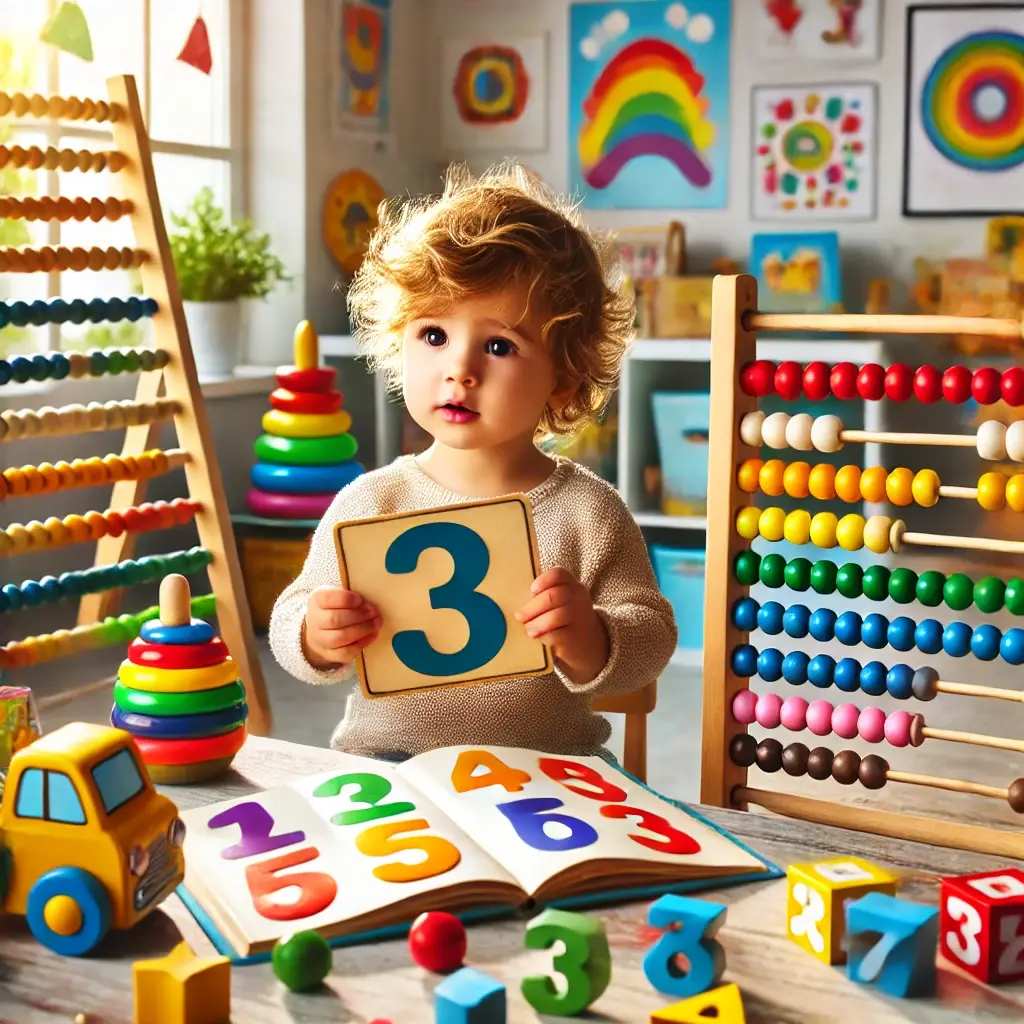AI in Chinese classrooms
Chinese schools have been experimenting with the use of Artificial Intelligence in the classroom. Jinhua Xiaoshun Primary School in eastern China recently used special headbands developed by US-based BrainCo to measure students’ level of concentration. The headband would relay real-time data on how engaged the students were. The goal of the headbands was to help teachers quantify engagement from students so they could better individualize instruction to cater to the needs of each student. These headbands have caused a backlash and some schools have pulled it from their classrooms.
In other classrooms, students were found to be monitored using cameras. Using facial recognition software, AI technologies can analyze the behavior of students. Certain programs assign a score to each student based on levels of concentration displayed in the classroom. The Chinese government continues to encourage the adoption of “smart classrooms” as they continue to push the limits of Chinese education.
High competition in China
The willingness to explore AI technologies in classrooms stems from the high level of competition in China. Prior to college, Chinese students must take a college placement test called the gaokao. The gaokao is viewed as a major determinant of success because a top score is the only way to get into the country’s top universities. Success in China is directly tied to education so parents are constantly looking for ways to get ahead. There is a greater willingness to adopt more of these new technologies because they’re seen as a way to gain a competitive advantage.
Potential Downsides to this approach
Invasion of privacy
One major issue with using AI in the classroom is the invasion of privacy. The students are monitored constantly with little room for error in their behavior. This technology has also been implemented with little to no formal consent from the students’ parents. In addition to these issues, there is also the risk of potential inaccuracies in the AI’s algorithms that could incorrectly interpret a student’s actions.
Overemphasizes one type of learning
In addition, effective learning incorporates focused and diffuse modes. The focused mode is when your brain concentrates on a specific and familiar path towards finding a solution. The diffuse mode is when your brain makes more open-ended connections in an effort to try to solve a more complex problem. AI in the classroom prioritizes the focused mode, leaving students less prepared to face problems they haven’t seen before. Some of the best learners incorporate elements of both types of learning to be successful.
Limits creativity in children
Furthermore, a data-driven education system focuses heavily on results and risks stifling creativity in children. According to research conducted by Wharton professor Adam Grant, procrastination can be a virtue for creativity. Procrastination gives time to consider different possibilities and ways to refine your ideas. The ability to learn from mistakes and approach problems in different ways are just a few characteristics in some of the most innovative people. This type of open-ended thinking is neglected by China’s emphasis on the quantitative evaluation of its students.
Benefits of the Genie Academy approach
Builds your child's Mental Math skills
Genie Academy works towards building your child’s mental math skills so that they can visualize math problems in their head. Rather than relying on memorization, your child will build a foundation for solving complex problems that will continue to improve over time. One primary tool we use towards developing mental math skills is the abacus. Learning the abacus helps improve the speed and accuracy with which your child solves math problems. By solidifying your child’s understanding of math your child will feel more confident and capable of solving more difficult problems on their own.
Promotes creative expression through writing
Our writing curriculum works towards developing your child’s creative writing skills. Through creative writing, your child goes through the process of brainstorming and finding ways to come up with unique ideas. As your child improves their creative writing skills, they also improve their problem solving and critical thinking skills. These skills are essential in fostering independence in children. A child trained to think more creatively will be better prepared to tackle more complex problems in the future.
Focuses on stimulating your child's intrinsic motivation
We also encourage learning through intrinsic motivation rather than extrinsic motivation. Intrinsic motivation is driven by the desire to accomplish something due to its personal benefits whereas extrinsic motivation is driven by external factors like avoiding a bad outcome or chasing a specific reward. Our students learn the advantages of the learning process instead of feeling pressured to earn good grades. The learning skills they develop can then be applied to different facets of life outside of the classroom.
Genie Academy offers a range of after-school educational activities for students, encompassing areas such as mathematics, reading, writing, and coding. Spread across New Jersey, we offer tutoring in Plainsboro, tutoring in Hillsborough, tutoring in East Brunswick, tutoring in South Brunswick, tutoring in Marlboro, and tutoring in South Plainfield, these programs are specifically crafted for students from Pre-Kindergarten to 8th grade.
References
https://qz.com/1742279/a-mind-reading-headband-is-facing-backlash-in-china/
https://www.sixthtone.com/news/1003759/camera-above-the-classroom
https://www.businessinsider.com/how-procrastination-helped-steve-jobs-become-so-successful-2016-2
https://www.success.com/ted-talks-the-surprising-habits-of-original-thinkers/






